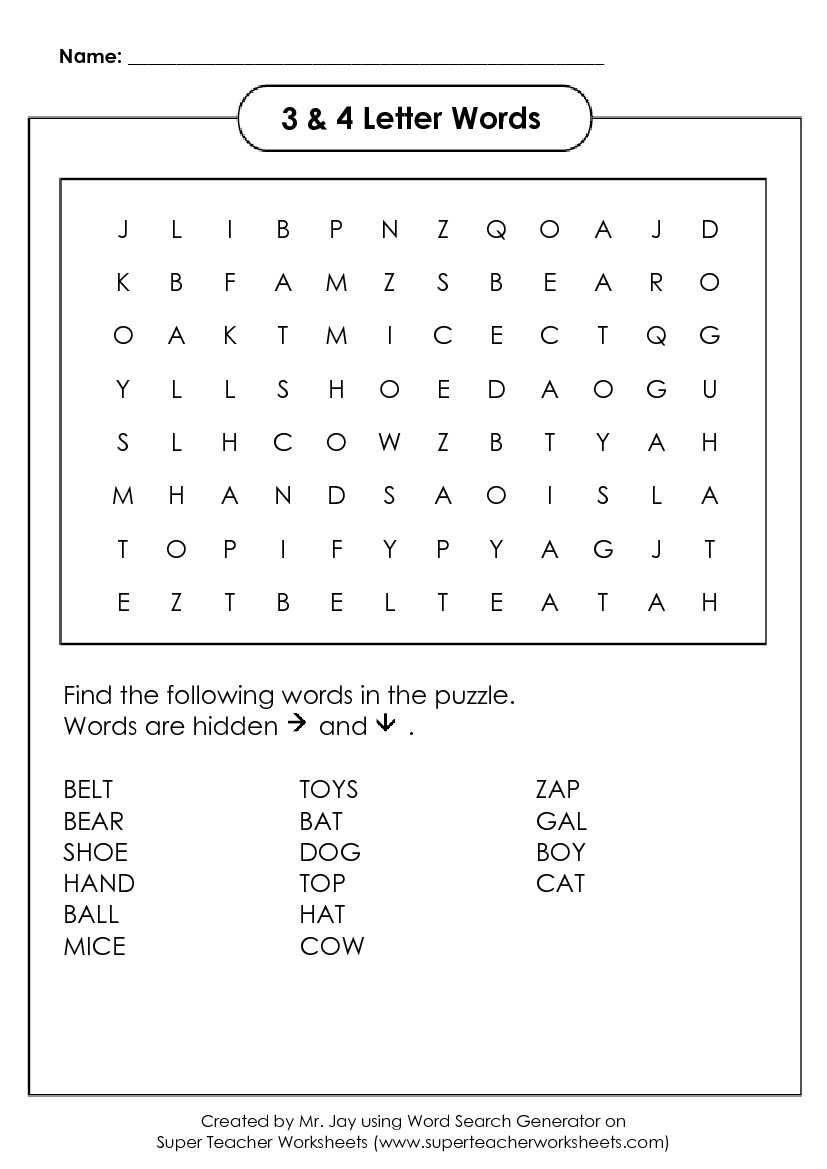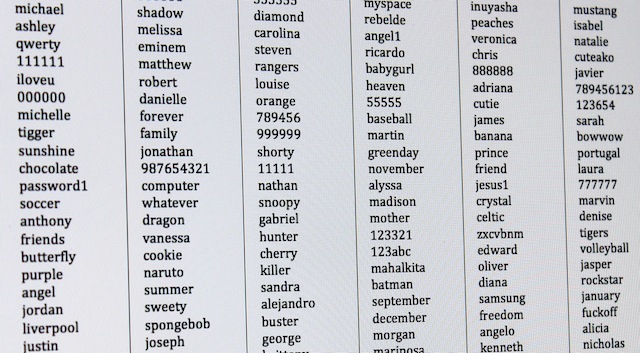
I am releasing CrackStation's main password cracking dictionary (1,493,677,782words, 15GB) for download.
- Some of the words may repeat from other study guides. But some are new. Learn with flashcards, games, and more — for free. Upgrade to remove ads. Only $2.99/month. Password Game Words that were added.
- Password The Game Word List 7/29/2019 Welcome to GRE Word Scrabble, a perfect English word spelling, learning and testing game. Word list include words of regular and high frequency word-lists and regular word-list.
Pictionary involves one person drawing a picture based on a secret word, and others trying to guess the word correctly. Set up the game by gathering your pictionary words. You can write each word on a card that you then stack face-down, or you can write each word on a piece of paper you then fold so no writing is visible. Use our Word List feature to build your own Word Search, Cross Search, and Jumbled Word worksheets to print for your children/students, or create interactive vocabulary games - Hangman, Multi Word Scramble, Blackberry Game, Telephone Game, or Word Flash. Assign these fun activities to your students with our Virtual Classroom.
What's in the list?
The list contains every wordlist, dictionary, and password database leak thatI could find on the internet (and I spent a LOT of time looking). It alsocontains every word in the Wikipedia databases (pages-articles, retrieved 2010,all languages) as well as lots of books from Project Gutenberg. It also includes thepasswords from some low-profile database breaches that were being sold in theunderground years ago.
The format of the list is a standard text file sorted in non-case-sensitivealphabetical order. Lines are separated with a newline 'n' character.
You can test the list without downloading it by giving SHA256 hashes to the free hash cracker. Here's a tool for computing hashes easily.Here are the results of cracking LinkedIn'sand eHarmony's password hash leaks with the list.
The list is responsible forcracking about 30% of all hashes given to CrackStation's free hash cracker, butthat figure should be taken with a grain of salt because some people try hashesof really weak passwords just to test the service, and others try to crack theirhashes with other online hash crackers before finding CrackStation. Using thelist, we were able to crack 49.98% of one customer's set of 373,000human password hashes to motivate their move to a better salting scheme.
Download
Note: To download the torrents, you will need a torrent client likeTransmission (for Linux and Mac), or uTorrent for Windows.
GZIP-compressed (level 9). 4.2 GiB compressed. 15 GiB uncompressed.
HTTP Mirror (Slow)
Checksums (crackstation.txt.gz)
Smaller Wordlist (Human Passwords Only)

I got some requests for a wordlist with just the 'real human' passwords leakedfrom various website databases. This smaller list contains just those passwords.There are about 64 million passwords in this list!
GZIP-compressed. 247 MiB compressed. 684 MiB uncompressed.
HTTP Mirror (Slow)
Checksums (crackstation-human-only.txt.gz)
Sharing and Licensing
You are allowed to share these lists! They are both licensed underthe CreativeCommons Attribution-ShareAlike 3.0 license. If you do share them, I wouldappreciate it if you included a link to this page.
Create strong passphrases with EFF's new random number generators! This page includes information about passwords, different wordlists, and EFF's suggested method for passphrase generation. Use the directions below with any set of dice.
And now, a message from internationally renowned security technologist, author, and EFF Board Member Bruce Schneier:
Directions
We’ll walk you through how to use EFF's Long Wordlist [.txt] to generate a passphrase. For most applications, we suggest making a six-word passphrase.
Step 1: Roll five dice all at once. Note the faces that come up without looking at the wordlist yet. (On our dice, the EFF logo is equivalent to rolling a one.)
Step 2: Your results might look like this reading left to right: 4, 3, 4, 6, 3. Write those numbers down.
Step 3: Open EFF's Long Wordlist [.txt] to find the corresponding word next to 43463.
Step 4: You will find the word 'panoramic.' This is the first word in your passphrase, so write it down.
Step 5: Repeat steps 1-4 five more times to come up with a total of SIX words.
When you are done, your passphrase may look something like this:
panoramic nectar precut smith banana handclap
Step 6: Come up with your own mnemonic to remember your phrase. It might be a story, scenario, or sentence that you will be able to remember and that can remind you of the particular words you chose, in order. For example:
The panoramic view, as I tasted the nectar of a precut granny smith apple and banana, deserved a handclap.
This passphrase is one of 221073919720733357899776 (or about 2⁷⁷) alternatives that could have been chosen by this method. With so many possibilities, this passphrase will be very hard to guess by brute force.
Why Use Passphrases?

The word 'passphrase' is used to convey the idea that a password, which is a single word, is far too short to protect you and that using a longer phrase is much better. The increased length can allow for a greater number of possibilities overall, even if you use a passphrase made of random words to help you remember it. Passphrases made of randomly-chosen words can be both easy to remember and hard for someone else to guess, which is what we want out of a passphrase. While the EFF random number generators are not casino-grade dice, we believe that they are sufficiently random for these purposes.
Computers are now fast enough to quickly guess passwords shorter than ten or so characters - and sometimes quite a few more. That means short passwords of any kind, even totally random ones like nQm=8*x or !s7e&nUY or gaG5^bG, may be too weak, especially for settings where an attacker is able to quickly try an unlimited number of guesses. This is not necessarily true for an online account, where the speed and quantity of guesses will be limited, but it could be true in other cases (for instance, if someone gets ahold of your device and is trying to crack its encryption password).
When to Use a Passphrase
Your passphrase is especially suitable when directly used to encrypt information, like for full-disk encryption on your laptop or mobile device. The large number of possibilities makes it much harder for someone to crack even if they get ahold of your device and use encryption-cracking hardware. Other great uses are the passphrase for an encryption key (like your PGP or SSH key), or, especially, for unlocking a password safe or password manager application.
Your passphrase should only be used for a single purpose, and especially should not be used for more than one online account. Sometimes password databases or websites get compromised. If you reuse a passphrase and it ends up being leaked in a data breach or otherwise discovered, it can be used to try to access your other accounts.
Notes on Using the Different Wordlists
EFF's new long list, referenced in the directions above, is designed for memorability and passphrase strength. We recommend selecting a minimum of six words from our long wordlist, or when using any other list of this size. The more words you use, the stronger the passphrase. Different wordlists may produce passphrases with different degrees of memorability, but you don't get a significantly different passphrase strength by using one wordlist over another, if the lists are the same length.
When using one of our short wordlists (which contain 1296 words), roll only four dice at once. You can follow our passphrase-generating instructions above, using four dice instead of five. As mentioned elsewhere, passphrases created using one of the short wordlists might be easier to remember and type, but don't provide as much strength per word.

EFF's Long Wordlist [.txt], for use with five dice
EFF's Short Wordlist #1 [.txt], featuring only short words, for use with four dice
EFF's Short Wordlist #2 [.txt], for use with four dice, featuring longer words that may be more memorable.
The creator of our wordlists, Joseph Bonneau, has written a deep dive about passphrase security, and the methodology and criteria he used to create our EFF wordlists. You can also use Arnold G. Reinhold's Dicewareword list, the original and still very popular list for using dice to create passphrases.
Password Game Word List Pdf
What Next?
Learn about password managers! These are a great way to avoid the pitfall of reusing passwords and passphrases. You can use the long, random passphrase that you've created today to protect an entire database of login information that your computer can remember so you don't have to. This makes it straightforward to use a different password for every online account, which is good security practice. Visit the password manager overview on EFF's Surveillance Self-Defense guide to learn more!
List Of Words For Password
Your passphrase that protects a password vault is now a very important key! Forgetting this passphrase is also a serious risk which could result in permanently losing data, and some people might thus prefer to have the passphrase written down, especially while first trying to memorize it or if they won't be using it every day - but if so, it should be kept in a safe place, not in the same place where the data it protects will be stored. What counts as a safe place for you depends on what you anticipate might happen. It's safer to write on a single thickness of paper on a hard surface to avoid leaving an imprint of the passphrase.
